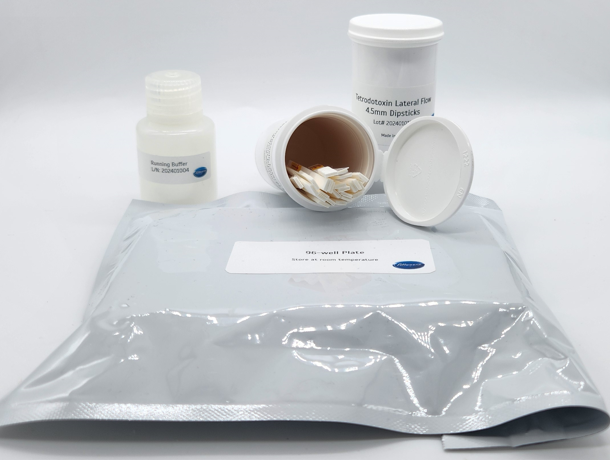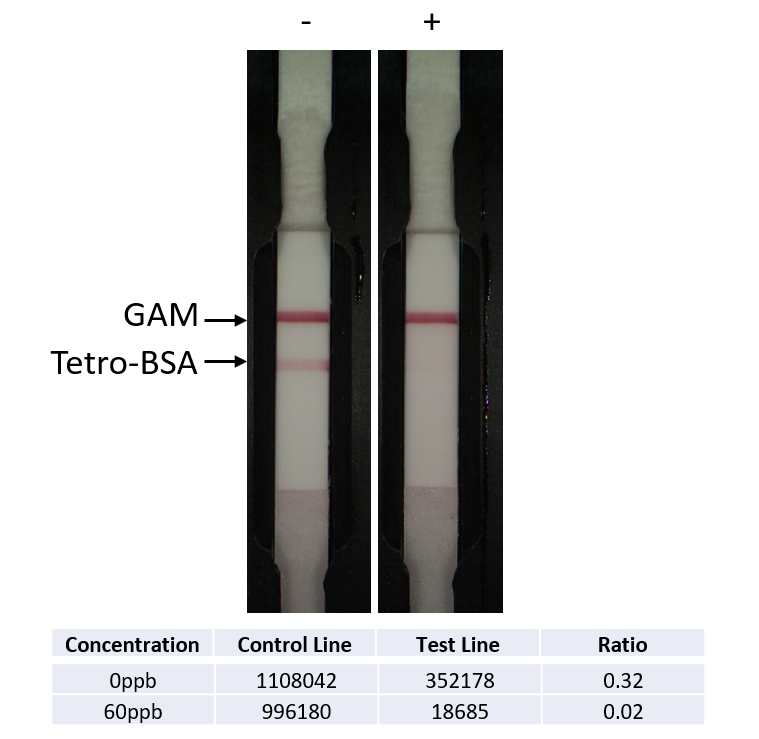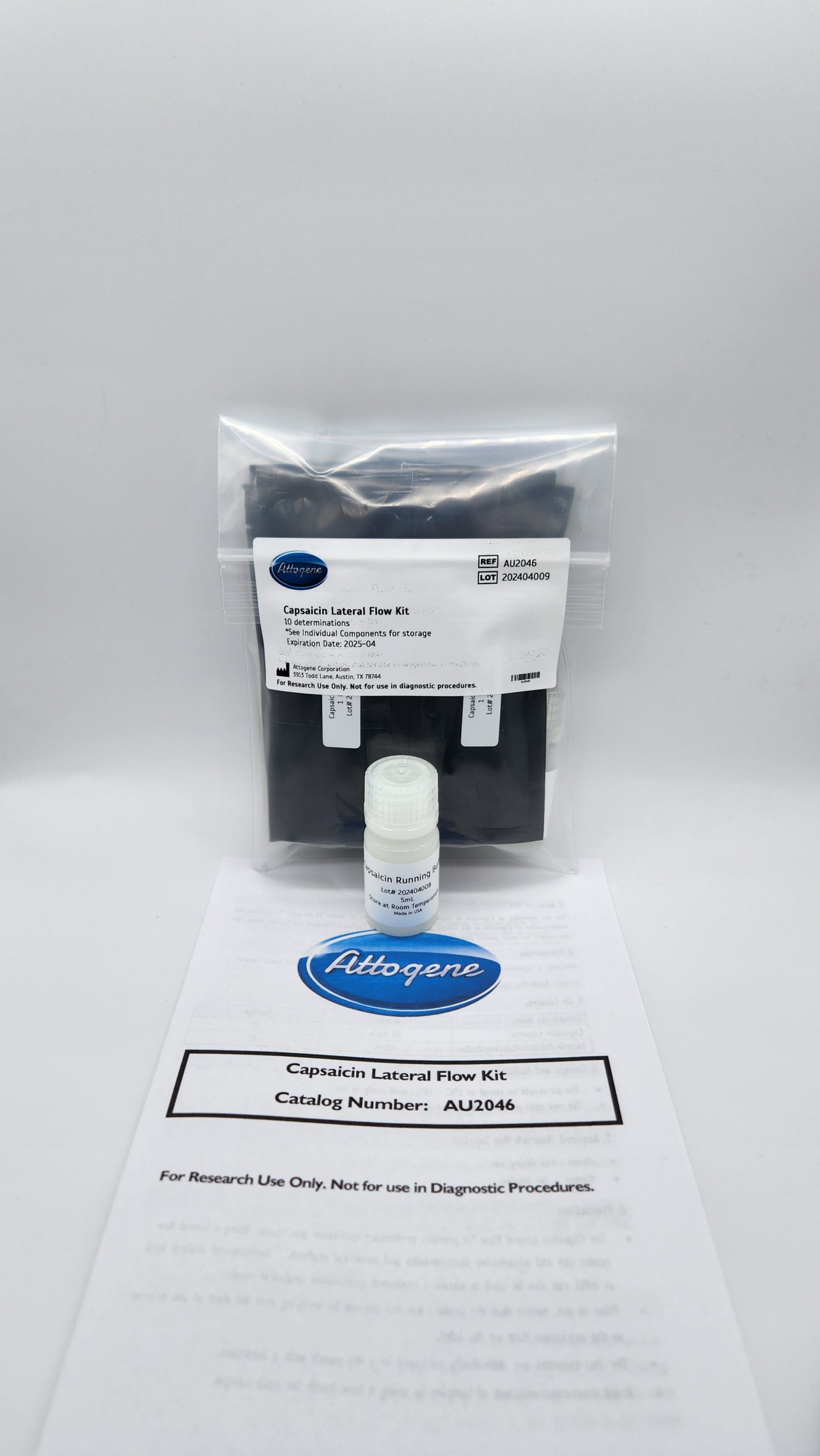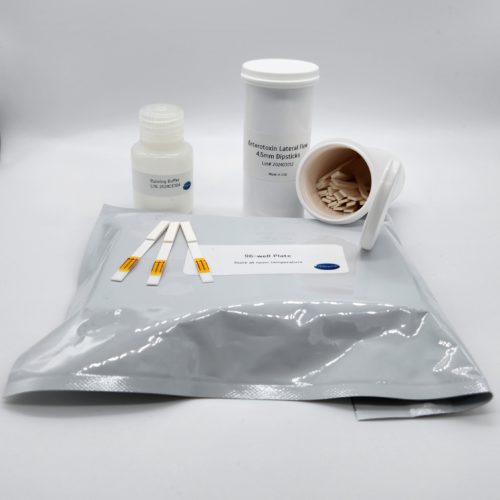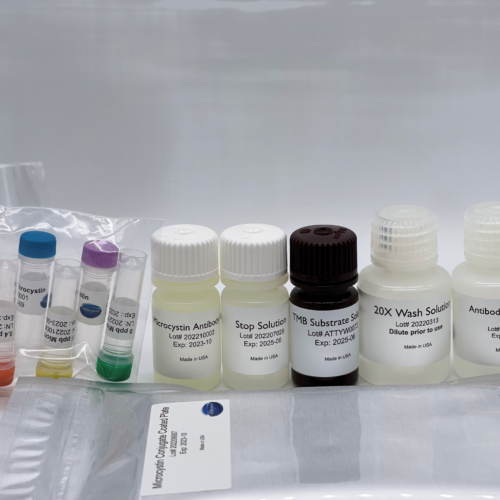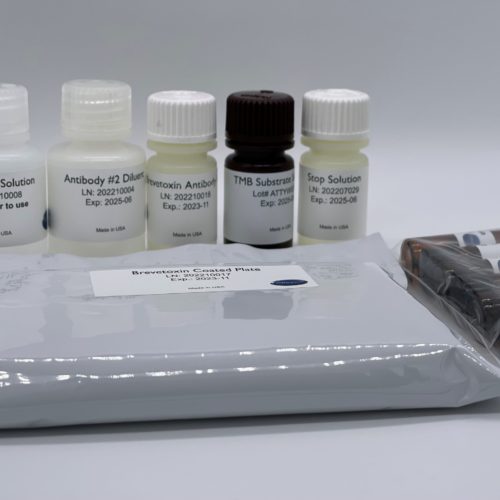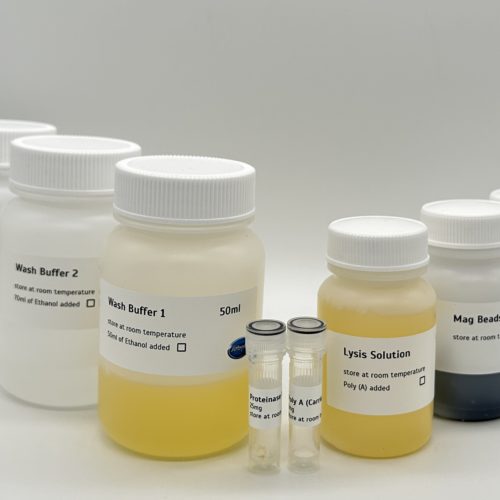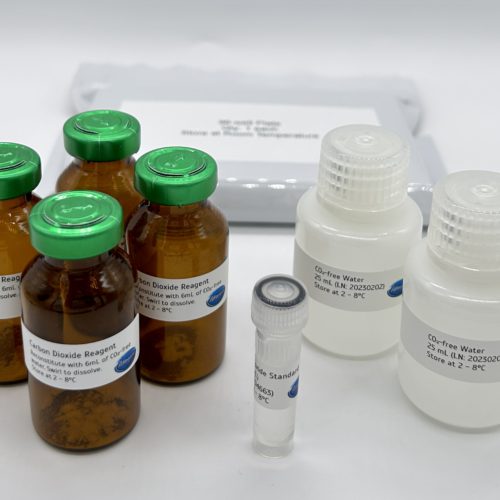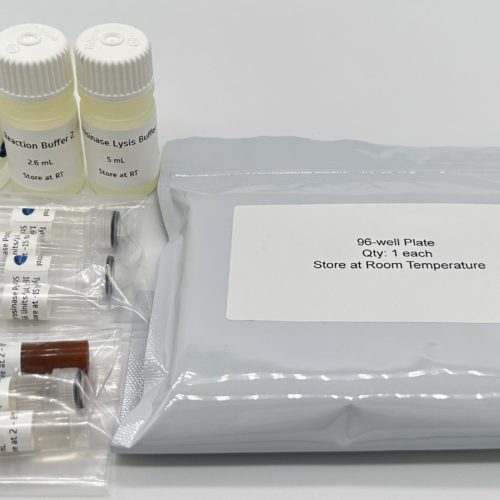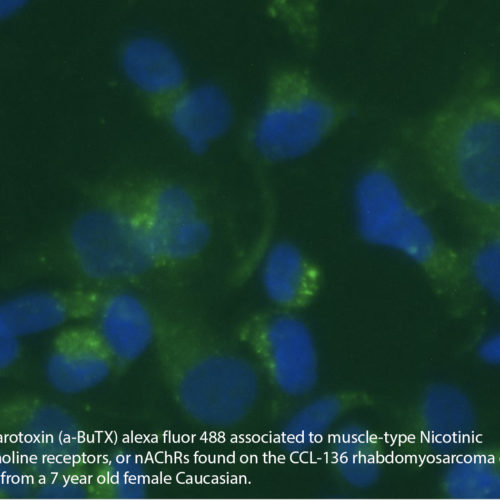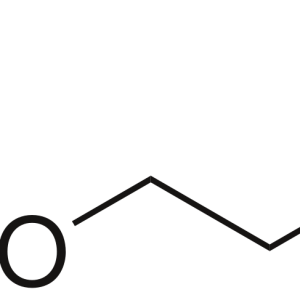Tetrodotoxin (TTX) Lateral Flow Detection Kit
$161.25
In Stock & Ready to Ship
- Rapid dipstick test for detecting TTX in liquid samples
- Detects 10 ppb and greater TTX in the sample
TTX is a naturally-occurring neurotoxin that most exists in puffer fish and can cause human body poisoning or even death if consumed. Attogene offers a Tetrodotoxin (TTX) rapid test to detect the concentration of TTX in tissue and puffer fish to figure out the safety of these foods.
TTX is a very potent neurotoxin. It was first discovered in 1909 by Dr. Yoshizumi Tahara from the ovaries of globefish and now puffer fish have been found to be toxic to humans for a long time. But TTX is not produced by the host fish, but by the symbiotic bacteria endogenous in the animal’s intestines, such as Pseudomonas and Vibrio. Besides puffer fish, other species known to harbour tetrodotoxin including gastropods, newts, crabs, frogs, sea slugs, star fishes, etc.
TTX poisoning is generally caused by people eating puffer fish that have not been detoxified. The mechanism of TTX toxicity is to block the sodium ion channels on the cell membrane surface to block the conduction of nerve signals and ultimately leading to muscle paralysis or ataxia. Binding of TTX to voltage gated sodium channel results from the interaction between the positively charged guanidine groups on the TTX with the negatively charged carboxylate groups on the side chains in the mouth of the sodium channel. TTX binding prevents diffusion of sodium ions through the sodium channels. This in turn prevents depolarization and propagation of action potentials in nerve cells leading to the loss of sensation. Generally, the onset of symptoms will be observed within 30minutes of ingestion of puffer fish and a few will have symptoms within 31-60 min. Then the poisoning symptoms decreased gradually over 8–28 h after ingestion of the contaminated puffer fish with no residual side effects. TTX can be found in blood within less than 24 h after its ingestion. But it can be found in urine after 4 days from the time of ingestion. Therefore, it is important to collect urine and blood samples from affected patients within 24 h after ingestion for clinical diagnosis.
According to the investigation of tetrodotoxin poisoning cases in history, there is a strong correlation between blood TTX levels and the poisoning symptoms. During the Bangladesh outbreak in April 2008, the blood TTX level was >9 ng/mL (28.20 nM) in 7 of the victims who died (5 within 15–30 min and 2 after 4 h of ingestion of puffer fish). Only 3 victims survived, in which the blood TTX level was between 9.3 and 10 ng/mL (29.14–31.34 nM). Nowadays, the Japanese has set the maximum permitted level as 2 μg/g while the EU and the US has set the estimated safety level as 0.8 μg/g. Although the effects of tetrodotoxin are very serious, the only treatment for TTX intoxication is observation and appropriate supportive care.
The traditional detection methods for TTX are LC-MS or HPLC, but the one of the major problems for these methods is the lack of commercially available standards. The Tetrodotoxin rapid test of Attogene is a competitive lateral flow immunochromatographic assay and can be used to detect the TTX with high sensitivity and specificity and doesn’t need additional reagents or equipment, which is a good assistant for research use.
You may also like…
Capsaicin Detection Kit
$129.00- Rapid dipstick test for detecting Capsaicin in liquid samples
- Detects 10 ppb and greater Capsaicin in the sample
- Can be used to convert to Scoville heat units
Staphylococcus Enterotoxin B (SEB) Lateral Flow Detection Kit (Colloidal Gold)
$161.25- Rapid dipstick test for detecting Staphylococcus Enterotoxin B (SEB) in water
- Detects 10 ppb and greater Staphylococcus Enterotoxin B (SEB) in the sample
Microcystin ELISA Kit
$446.12- Format: 96-well microtiter plate (12 test strips of 8 wells)
- Standards: 0 | 0.05 | 0.1 | 0.2 | 0.4 | 2 ppb
- Incubation Time: 75 Minutes
Brevetoxin ELISA Kit (Neurotoxic Shellfish Poisoning)
$456.88- Format: 96-well microtiter plate (12 test strips of 8 wells)
- Standards: 0 | 0.1 | 0.25 | 0.5 |1.0 | 2.6 ppb
- Incubation Time: 75 Minutes
